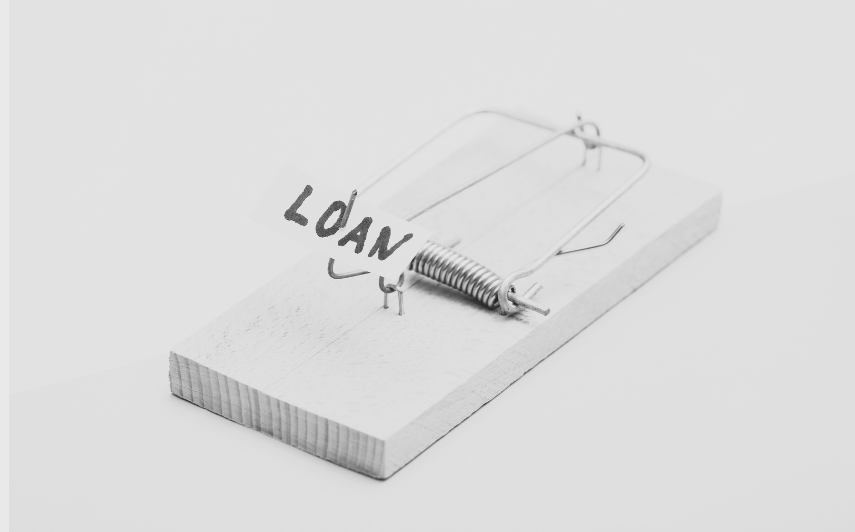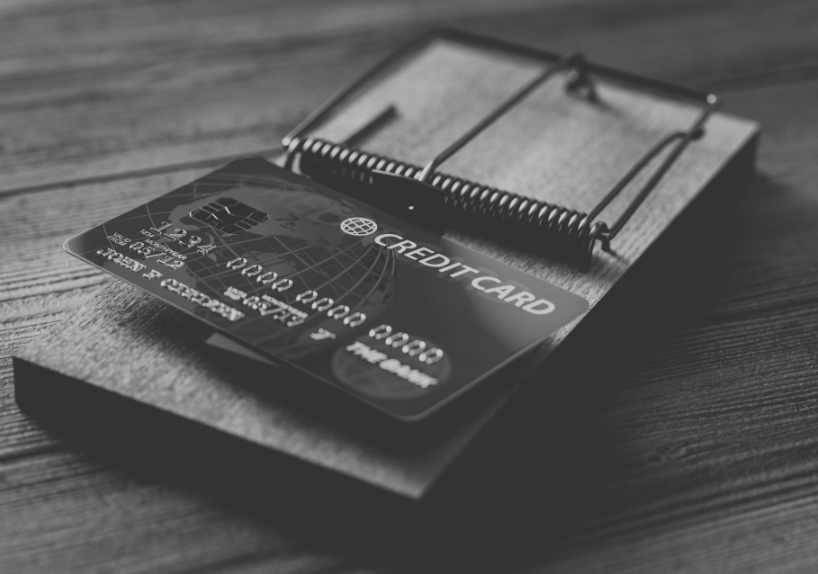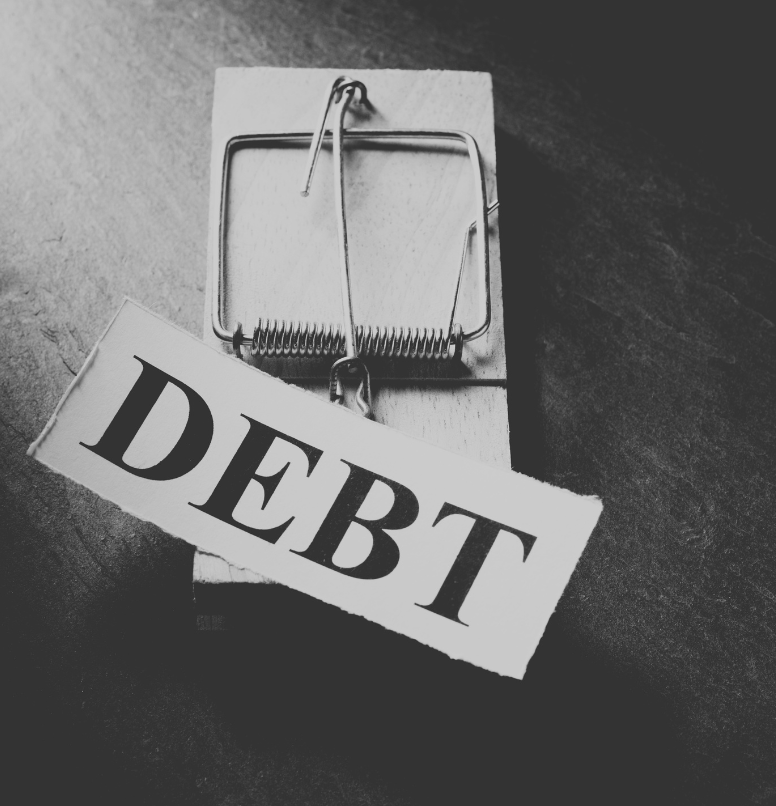To understand how to pay off debts, it’s essential first to grasp how debts are designed to keep us trapped in a never-ending cycle of debt.
What these lenders are costing you is far more than just a financial disaster. These debts are costing you a lot more than you think. Debts keep you in jobs that you don’t like or enjoy since you are living paycheck to paycheck. It is your invaluable time, resources, peace of mind, and, unfortunately, in many cases, Precious lives.
What is a debt trap?

Debts are made up of loans, including mortgages, auto loans, and personal loans, as well as credit cards. As a term, the borrower receives a set amount of money, which they must repay in full by a specific date, which may be months or years in the future.
The lenders make money from the difference between the interest rate they pay for deposits and the interest rate they receive on the loans they make. These interest rates, whether fixed/variable, are so high that, with your fixed income and other sudden expenses that may show up and interrupt your payments at times, it becomes challenging to maintain and pay the lenders the outstanding amount.
This is when lenders reach out with offers to help you pay off your old loans. Without understanding the cost of your current debts, you may end up taking on more loans.
How debt trap is designed?

We all deeply understand that we need a simple life, where our basic needs are met with very little, and that security can be built while living a simple life.
Lenders know this, which is why they partner with the consumer and medical industries to shift our perception of security from their parameters: a parameter wrapped in fancy couture that appears more desirable and has a hundred times more value. They achieve this by transforming your needs into wants, and you’re now paying for those wants, which they’ve made you believe will bring you security.
They make us feel insecure about everything we have and don’t have. Once they redefine what security looks like, you’re trapped. It’s only after you have been trapped by debt that you realize that that is not what you wanted.
How to know you are in a debt Trap?

Take a good look around your room and ask yourself honestly, what you need and what you want?
For example-Medical insurance is a necessity, but it has become a significant want since we have been exposed to the idea that everything we consume is unhealthy and we will undoubtedly encounter a disease; hence, we need medical insurance.
I understand this need as my mother encountered a severe medical condition, and her medical insurance only covered the basic expenses. For the rest, I had to go back to the cards and get into debt, as I had no other source of income.
But should we go into debt for owning luxury items? That’s a trap you’ve gotten yourself into.
Think about it and ask yourself, did you need those extra pair of shoes? This $500 phone you are reading this article on, that $1,500 handbag in which you have kept your $5,000 MacBook Air and a $2,000 makeup pouch. You know that a $20,000 car depreciates every 6 months. A student loan that’s not going to get you your dream job. A wedding loan can turn your secured married life into a daily debt stress drama.
I am not encouraging taking loans for needs. Still, they are a priority, and not knowing what is a priority will forever keep you in a trap, whose purpose is to keep you stuck for as long as possible, and spoil your habits and make it impossible to get out of there.
I live a simple, debt-free life now. And I want you to know that if debts are not managed on time, it will start controlling your life and if you’re living in a world dominated by debt. You are indeed in a debt trap.
You will be surprised to know that just by learning to unlearn your old buying habits, you can easily break free from the debt trap. These habits will help you become a more financially responsible person and a wise spender for the coming years. I am now debt-free, and I continue to follow these learnings to stay on track and avoid falling into debt traps again. Let’s learn how you can unlearn your old buying habits and become debt trap-proof.
—Love, G

Geeta, who likes to be called G, when not working, can usually be found reading a book, spending (perhaps a little too much) time meditating, practicing yog, or just vibing in the present moment like a mindfulness pro. And—despite claiming she knits very badly—she still picks up the needles now and then. Blogging to share her life learnings is her passion!

